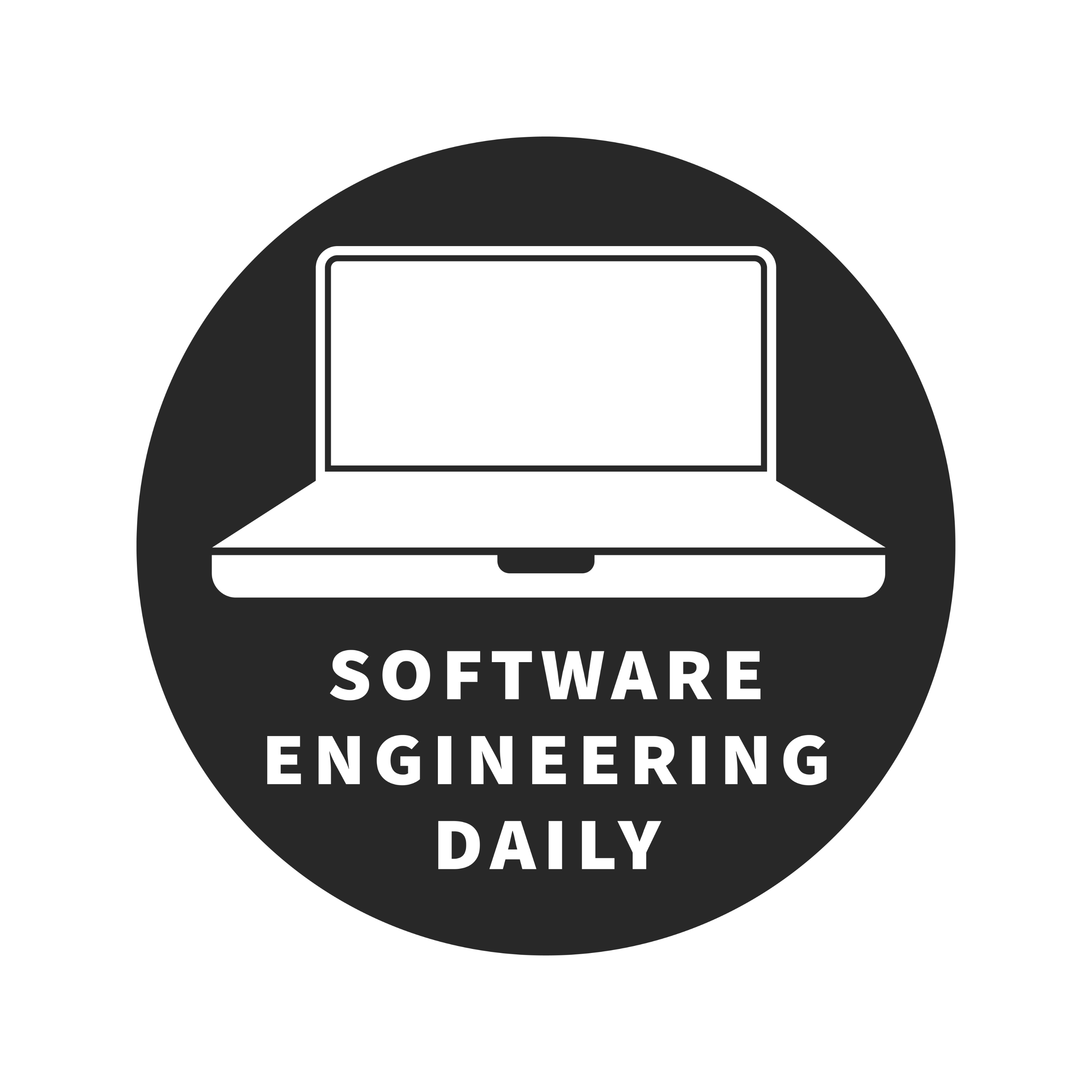
What motivated the creation of Vulkan?
Vulkan was created to address the inefficiencies of older APIs like OpenGL and Direct3D, which were easy to use but did not provide the performance and control developers needed. The need for Vulkan emerged around 2012-2014 when developers struggled to get high performance from GPUs using existing APIs, leading to the development of more efficient, low-level APIs like Mantle, DX12, and Vulkan.
What platforms does Vulkan support?
Vulkan supports a wide range of platforms including PCs, consoles, Android devices, and even embedded devices. It is fundamental to Android and is supported by most modern mobile phones. Vulkan is also found in less obvious devices like Coke machines and other embedded systems with modern GPUs.
What is the primary goal of Vulkan compared to older APIs?
The primary goal of Vulkan is to provide developers with direct control over the GPU, reducing overhead and enabling high performance. Unlike older APIs like OpenGL, which presented a CPU-like programming model, Vulkan exposes the massive parallelism of GPUs, allowing developers to write more efficient and powerful applications.
How does the Vulkan Working Group ensure the API's success beyond just creating it?
The Vulkan Working Group feels responsible for ensuring the API works in the ecosystem, even though they don't have authority to dictate how it develops. They track developer feedback, survey members and advisory panels, and address issues that arise. They also leverage external efforts, such as those funded by Valve, to improve the ecosystem around Vulkan.
What is the role of the Khronos Group in developing Vulkan?
The Khronos Group is an international consortium and standards body that connects software to hardware. It includes companies like ARM, Samsung, Intel, AMD, and game engine companies. The Vulkan Working Group, a part of Khronos, designs and maintains Vulkan, ensuring it meets the needs of developers and hardware vendors.
What is the Vulkan roadmap and how is it structured?
The Vulkan roadmap is a collection of extensions and features that GPU vendors and implementers aim to support by a specific date. It is designed to bring cohesion to the development process and help developers understand what to expect. Roadmaps are planned years in advance, with milestones every two years, and they address specific subsets of devices like mid to high-end smartphones, desktop PCs, and consoles.
How does Vulkan handle compute tasks compared to OpenCL?
Vulkan offers compute capabilities but is not as orthogonal and clean as OpenCL. While Vulkan can handle compute tasks, it is more focused on graphics. The working group is working to bring compute parity with OpenCL, including features like 64-bit addressing, state management improvements, and robustness features to ensure safety and reliability.
What is SPIR-V and how does it fit into the Vulkan ecosystem?
SPIR-V (Standard Portable Intermediate Representation) is a binary intermediate representation for shader programs. It standardizes the intermediate representation, allowing multiple front-end languages to generate it. This reduces the complexity and bugs in compilers and allows drivers to focus on translating the intermediate representation to the hardware instruction set. SPIR-V is a powerful choice that supports multiple shader languages like HLSL and GLSL.
How can someone get involved in the Vulkan Working Group?
To get involved in the Vulkan Working Group, the most common route is to work for a company that is a member of the Khronos Group, such as a GPU vendor or a company that uses Vulkan. Alternatively, small companies can join as associate members, which is less expensive and allows participation without a vote. Individuals can also contribute to the open-source aspects of Vulkan, such as bug reports and sample codes.
- Vulkan provides developers with more direct control over the GPU.
- It addresses inefficiencies of older APIs like OpenGL and Direct3D.
- It improves performance by exposing the massive parallelism of the GPU.
- It enables multi-core CPU utilization for improved efficiency.
Shownotes Transcript
Vulkan) is a low-level graphics API designed to provide developers with more direct control over the GPU, reducing overhead and enabling high performance in applications like games, simulations, and visualizations. It addresses the inefficiencies of older APIs like OpenGL and Direct3D and helps solve issues with cross-platform compatibility.
Tom Olson) is a Distinguished Engineer at ARM, and Ralph Potter) is the Lead Khronos Standards Engineer at Samsung.
Tom and Ralph are also the outgoing and incoming Chairs of the Vulkan Working Group. They join the podcast to talk about earlier graphics APIs, what motivated the creation of Vulkan, modern GPUs, and more. )
Joe Nash is a developer, educator, and award-winning community builder, who has worked at companies including GitHub, Twilio, Unity, and PayPal. Joe got his start in software development by creating mods and running servers for Garry’s Mod, and game development remains his favorite way to experience and explore new technologies and concepts.
Please click here to see the transcript of this episode.)
Sponsorship inquiries: [email protected])
The post The Vulkan Graphics API with Tom Olson and Ralph Potter) appeared first on Software Engineering Daily).